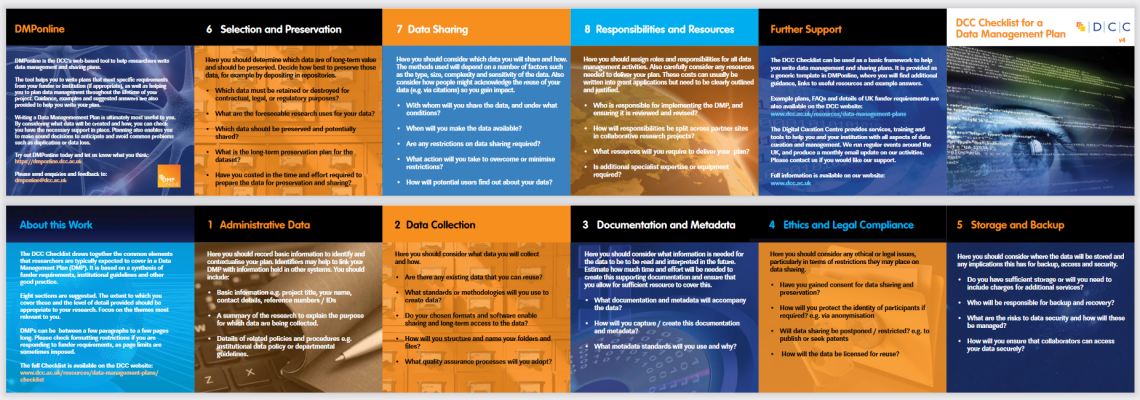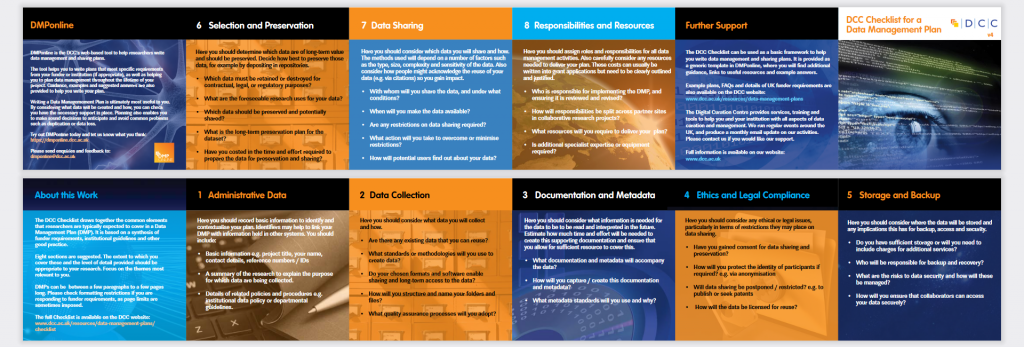
Training PhD students on data management and open science
18 May 2021
Research funding organisations are key players to implement responsable research and innovation (RRI) initiatives in the European Research Area. AGAUR, a major research funding organisation in Catalonia, is one of GRACE’s six implementing organisations. Starting in 2019, they are currently developing a self-tailored roadmap to implement a good number of RRI actions within their different networks.
An inspiring example of these initiatives is a training course on data management and open science AGAUR hosted for their postdoctoral fellows in January this year, with the aim of sharing this policy and enabling them to implement it in their own projects. The training was run by the Digital Curation Centre (DCC), a Scottish institution renowned in the field of digital data management, and was developed in daily morning sessions structured into three themes: Introduction to Research Data Management, Introduction to Data Sharing and Openness, and Introduction to Data Management Plans (DMP).
The first session, the Introduction to Data Management, was a general introduction to the topic and a lesson on how to identify elements of a good RDM. Throughout the session, the fellows found useful data creation tips regarding choice of formats, creation of metadata, organisation of data, the importance of consent forms and the use of data repositories.
The second session was on Data Sharing and Openness, and focused on how data is a valuable public asset that should be made as useful as possible. Amongst the topics discussed, important questions such as the need for reproducibility were brought up, that is – being able to use the same data since it has been shared through open data repositories, often meaning more breakthroughs, more transparency, and less academic fraud. Another key topic was the importance of applying FAIR principles to data: making it Findable Accessible Interoperable Reusable. There are many ways to improve reproducibility through data sharing, in all scientific fields, thus the importance of Open Science: obstacles can be overcome with good preparation and the help of Ethics committees, by anonymizing and protecting identities involved.
The last session was dedicated to Data Management Plans (DMP) – an extremely relevant topic since it proved to be quite a new field for many fellows. DMP’s importance and key role in research projects were discussed, participant were provided with a handy DCC checklist as guidance for researchers elaborating their DMPs, and a general guide with illustrative examples on how to create a good DMP.
Are you planning to write a Data Management Plan?
Have a look at DCC’s Checklist here after, or download it here.

The feedback from the participants was very positive, as many were pleased to learn about new topics introduced (such as Data Management Plans), and were grateful for the useful tips and practical exercises that took place during the sessions.
Good news for thenext generation of AGAUR postdoctoral fellows, they will be able to attend this course next year too!

